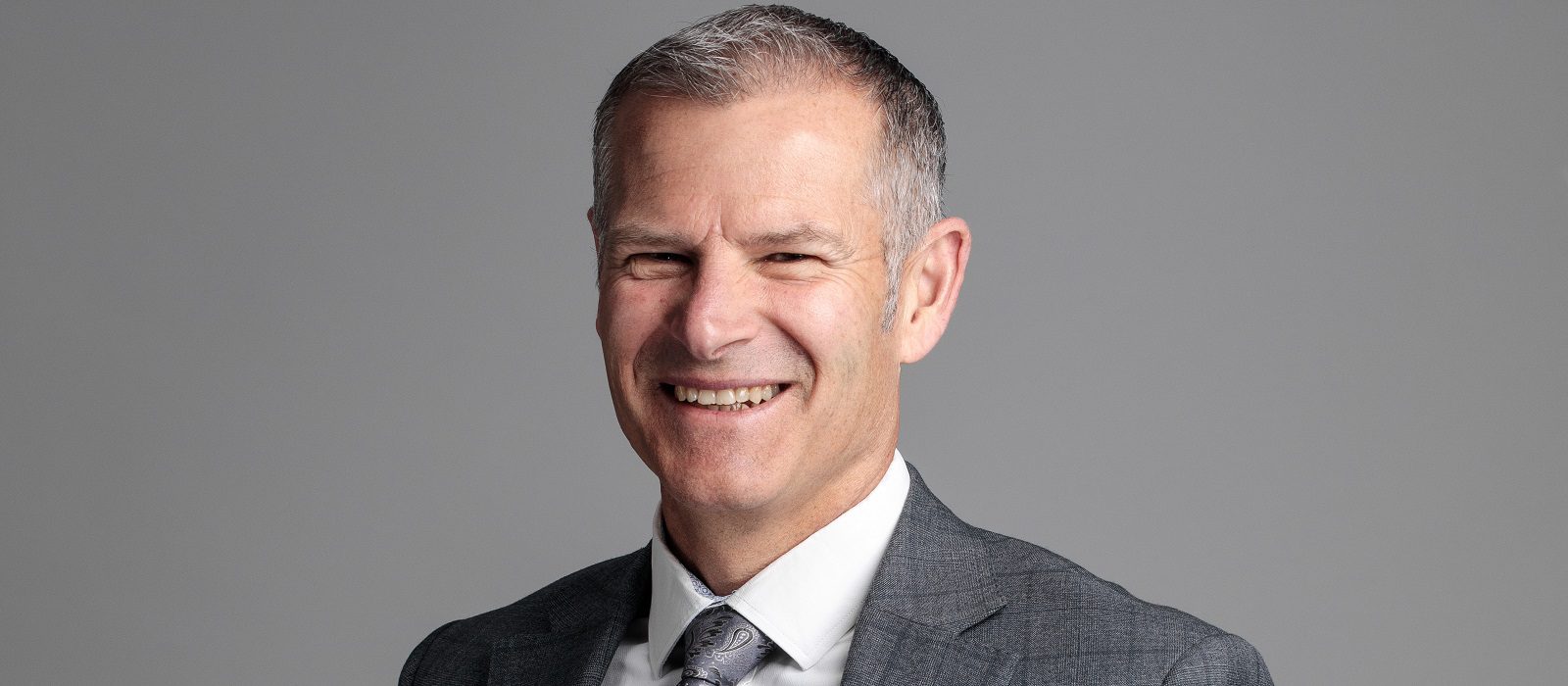Many news headlines these days report increasing numbers of people cancelling services such as television streaming due to the rising cost of living. According to a new member survey carried out by Danish ICMIF member LB Forsiking, 24% of respondents have cancelled or are considering cancelling their streaming services and TV subscriptions, while 16% will cancel newspaper and book subscriptions. More worrying though, says LB Forsikring, are the results that show almost 10% of respondents to the survey are considering cancelling their insurance policies or part(s) of their coverage.
Rising prices for petrol, heat and food are being felt by the Danes according to the survey which was carried out with LB Forsikring’s member panel in June and July this year. In the responses, 62% of people say that inflation and the rising prices of essential items such as groceries, heating and petrol are affecting their household budget to some degree and, for some, to a great extent. At the same time, 36% answered that they are now spending between 10-19% more on everyday expenses than a year ago, while 23% of respondents said their everyday costs have gone up by between 20% and 29%.
“There is no doubt that a lot of Danes’ finances are under pressure right now. Many of the things people use in everyday life have become more expensive. It is not only electricity or petrol for the car, it is also groceries such as milk, meat and flour. So therefore, it is natural that people are considering where they can make savings. This is a development that we are keeping a very close eye on, both because we also experience price increases, but also because it is important for us that our members can see the sense in maintaining their insurance so that they are protected against unexpected accidents and expenses,” said Philip Wegloop, Executive Vice President for Digitisation, Product & Market at LB Forsikring.
Among other things, Wegloop refers to survey results that show as many as 45% of the participants in the survey answer that they buy less or have completely stopped buying meat, dairy products or other expensive foods, and that 61% say they buy more special deals and product offers than they usually do.
Streaming services, newspapers and sports are first to go
If opting for special offers or turning down the heat setting on the thermostat is not enough to make household budgets stretch to where people need them to go, what do they give up first?
For LB Forsikring’s member panel, it is TV subscriptions and streaming services that most people are happy to get rid of first, with 7.8% responding to say that they have already cancelled TV subscriptions or streaming services and, in total, 24% who have or are considering reducing their TV subscriptions. Also, newspapers or book subscriptions are some of the extra expenses where savings can be made, here, 16% answered that they have made savings here in their consumption and 11% say they have or are considering dropping sports and fitness subscriptions.
When it comes to insurance, less than one per cent have cancelled their policies completely, while another one per cent responded that they have saved money by cancelling part of their policies such as roadside assistance or stopping other parts of their cover, but, worryingly, almost 10% are considering if their insurance cover is an area where they might save money.
Cutting insurance cover is a false economy
“If people cancel all or part of their insurance cover now to save money, this could give a really expensive outcome in the long run, because what they save now rarely covers the expenses if they have a burglary, are in a traffic accident or need roadside assistance on a journey. So, I’m glad to see that insurance is not one of the things people choose to save on first,” says Philip Wegloop.
However, he completely understands that people may need to consider all aspects of their expenses, including their insurance.
“If people are in doubt about what they really need, they should call their insurance company. If you cancel your insurance policies or selected coverages without considering your needs, then you risk ending up with an expensive bill without cover from the insurance company. We would a hundred times prefer that people call in and talk their insurance through with us, so people know what they might be able to adjust without becoming too vulnerable,” says Wegloop.
The study also shows that it is especially the younger members under the age of 30 who are considering cancelling or reducing their insurance policies. Here, 3.5% already cancelled all or some of their coverage, and slightly more than 28% are considering doing so. These are figures to keep an eye on, says Philip Wegloop, but not figures that make him overly worried.
“Many young people have not, in the same way as the slightly older ones, been in situations where they have needed their insurance, so it is clear that we have a job ahead of us, where we have to especially demonstrate to the young people why they should be insured. Fortunately, we actually see the opposite pattern of what the study shows. We have had more young members join LB Forsikring. Among other things, because we have made it possible for members’ children to come to us,” says Philip Wegloop.






